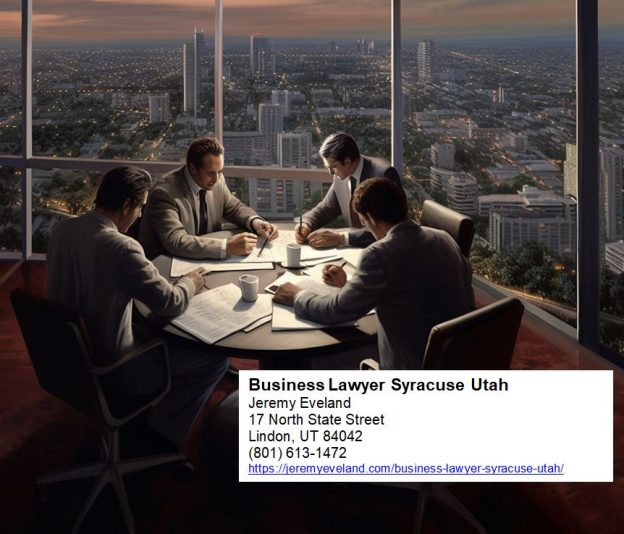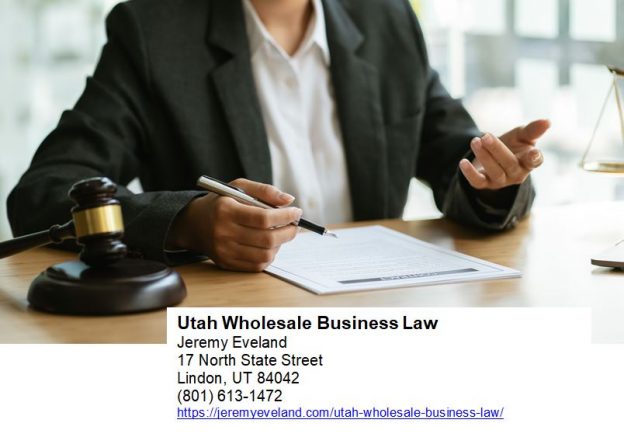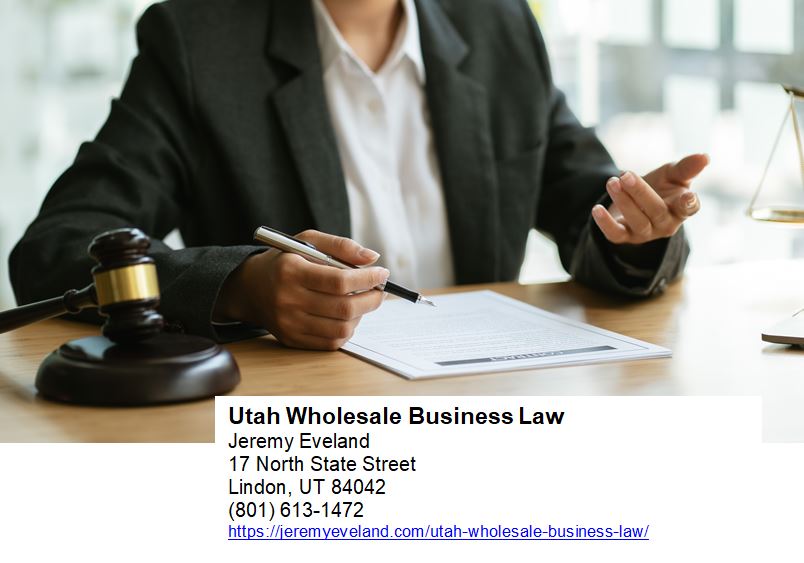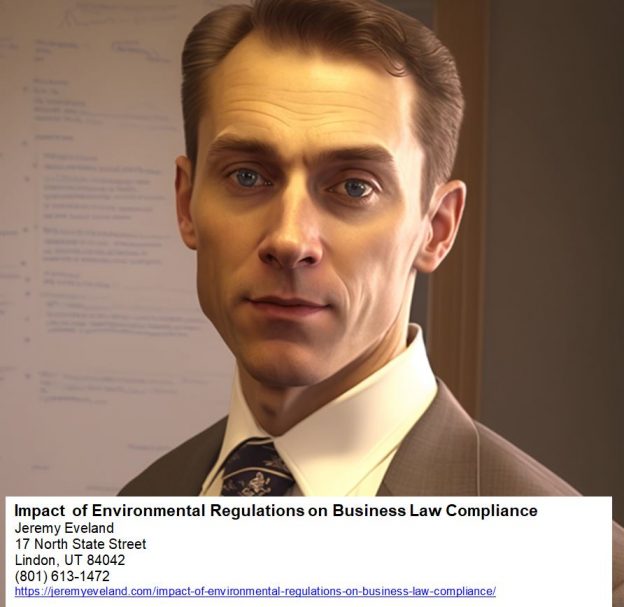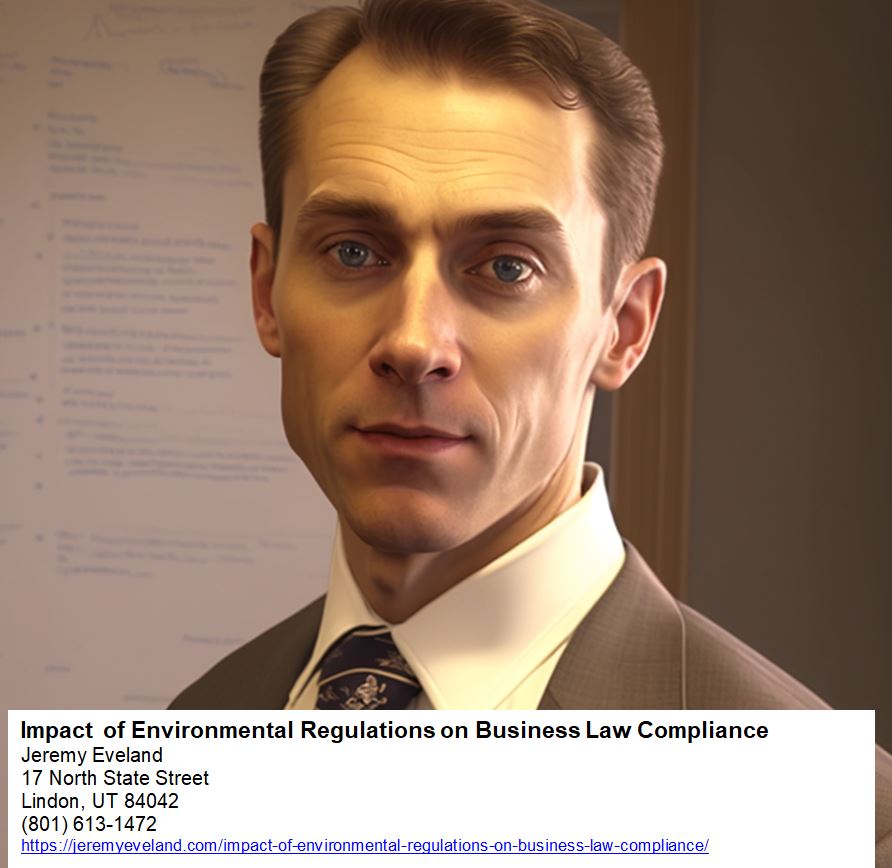In today’s world, the demand for sustainable beauty products has gained significant momentum. As people become more aware of the environmental impact of traditional beauty products, they are actively seeking alternatives that not only enhance their beauty but also minimize their carbon footprint. Sustainable beauty products are those that are consciously crafted with ingredients derived from renewable resources, packaged in eco-friendly materials, and produced using ethical practices. These products prioritize the well-being of both the consumer and the planet. In this article, we will explore the reasons why sustainable beauty products are gaining popularity, the benefits they offer, and how businesses can align with this growing market trend.
Defining Sustainable Beauty Products

Understanding sustainability in the beauty industry
Sustainability in the beauty industry refers to the practice of creating and using beauty products that have a minimal negative impact on the environment and society. It involves taking into consideration the entire lifecycle of a product, from sourcing the ingredients to manufacturing, packaging, and disposal. Sustainable beauty products are designed with the goal of reducing waste, minimizing carbon emissions, and promoting social responsibility.
What makes a beauty product sustainable?
There are several key factors that contribute to the sustainability of a beauty product:
-
Ingredients: Sustainable beauty products are formulated with organic and natural ingredients, reducing the dependency on synthetic chemicals that can harm the environment.
-
Packaging: Sustainable beauty products utilize eco-friendly packaging materials and minimize excess packaging, reducing waste and the use of plastic.
-
Manufacturing practices: Sustainable beauty brands aim to reduce their carbon footprint through energy-efficient manufacturing processes and waste reduction initiatives.
-
Ethical sourcing: Sustainable beauty products prioritize the sourcing of ingredients from suppliers that practice fair trade and ethical labor practices, ensuring a positive impact on communities.
Benefits of using sustainable beauty products
Using sustainable beauty products offers several benefits, both for individuals and the environment:
-
Health benefits: Sustainable beauty products often use organic and natural ingredients, reducing the exposure to potentially harmful chemicals that can be found in conventional beauty products.
-
Environmental benefits: By choosing sustainable beauty products, you contribute to reducing waste, saving energy, and minimizing water usage, thereby preserving the environment.
-
Social responsibility: Supporting sustainable beauty brands promotes ethical sourcing and fair trade practices, which have a positive impact on communities, especially in developing countries.
-
Long-term sustainability: Investing in sustainable beauty products encourages the development and growth of eco-friendly brands, which helps in creating a more sustainable future for the beauty industry as a whole.
Eco-Friendly Packaging
The impact of packaging on the environment
Packaging is a significant contributor to the environmental impact of beauty products. Conventional packaging often involves the use of plastic, which takes centuries to decompose and contributes to the accumulation of plastic waste in landfills and oceans. This waste poses a threat to marine life and the overall ecosystem. Additionally, the production and transportation of plastic packaging contribute to carbon emissions and the depletion of natural resources.
Types of sustainable packaging materials
To mitigate the environmental impact of packaging, sustainable beauty brands use alternative materials that are eco-friendly and biodegradable. Some common sustainable packaging materials include:
-
Glass: Glass packaging is recyclable and can be reused many times, reducing the need for single-use plastic bottles and containers.
-
Paper and cardboard: Packaging made from recycled paper or cardboard reduces the demand for new materials and can be easily recycled again.
-
Plant-based plastics: Bioplastics derived from renewable resources, such as cornstarch or sugarcane, are biodegradable and have a lower carbon footprint compared to traditional plastics.
-
Metal: Packaging made from aluminum or tin is easily recyclable and requires less energy for production compared to plastic.
Innovative packaging solutions
In addition to using sustainable materials, beauty brands are also exploring innovative packaging solutions to further reduce waste. Some examples include:
-
Refillable packaging: Brands are introducing refillable options for their products, allowing customers to purchase refills instead of new containers. This reduces the overall amount of packaging waste generated.
-
Compostable packaging: Some beauty brands are experimenting with packaging materials that can be composted, providing a more sustainable end-of-life solution.
-
Minimalist packaging: Simplified packaging designs that use less material are becoming popular, reducing waste while maintaining the integrity and aesthetics of the product.
-
Recycled packaging: Beauty brands are increasingly using packaging made from recycled materials, such as plastic recovered from the ocean, to minimize the reliance on virgin materials.
By adopting these innovative packaging solutions, sustainable beauty brands are paving the way for a future where packaging waste is significantly reduced.
Organic and Natural Ingredients
Differentiating between organic and natural ingredients
When it comes to beauty products, the terms “organic” and “natural” are often used interchangeably, but they have distinct meanings:
-
Organic ingredients: Organic ingredients are derived from plants that have been grown without the use of synthetic pesticides, fertilizers, or genetically modified organisms (GMOs). They are grown using sustainable farming methods that prioritize soil health and biodiversity.
-
Natural ingredients: Natural ingredients are derived from natural sources such as plants, minerals, and animal by-products. However, unlike organic ingredients, natural ingredients may still be subject to minimal processing or contain trace amounts of synthetic substances.
Benefits of using organic and natural ingredients
Choosing beauty products with organic and natural ingredients can offer several benefits:
-
Reduced exposure to harmful chemicals: Organic and natural ingredients are free from harsh chemicals, such as parabens, phthalates, and sulfates, which can potentially cause skin irritation and have long-term health effects.
-
Nourishing and gentle on the skin: Organic and natural ingredients are often rich in vitamins, antioxidants, and minerals, providing nourishment to the skin without causing any adverse reactions.
-
Environmentally friendly: Organic farming methods prioritize sustainable practices, reducing the use of harmful pesticides and fertilizers that can contaminate soil, water, and air. This contributes to the overall health of the environment.
-
Support for ethical sourcing: Many organic and natural ingredients are sourced from fair trade suppliers, ensuring that farmers and workers receive fair wages and operate under safe working conditions.
Certifications to look for in organic beauty products
To ensure the authenticity and quality of organic beauty products, look for certifications from reputable organizations. Some commonly recognized certifications include:
-
USDA Organic: The United States Department of Agriculture (USDA) has established rigorous standards for organic labeling. Products with the USDA Organic seal guarantee that at least 95% of the ingredients are organically produced.
-
COSMOS Organic: The COSMOS (COSMetic Organic and Natural Standard) Organic standard is widely recognized in Europe and signifies that a product contains a minimum of 95% organic ingredients.
-
Ecocert: Ecocert is an independent certification body that ensures products meet strict organic and natural standards. Their certification guarantees that the ingredients are derived from renewable resources and that the manufacturing process is environmentally friendly.
By looking for these certifications, consumers can have confidence in the organic nature of their beauty products.
Cruelty-Free and Vegan Products
Understanding cruelty-free and vegan beauty products
Cruelty-free and vegan beauty products share similar principles but have distinct differences:
-
Cruelty-free products: Cruelty-free beauty products are not tested on animals during any stage of their development, including the sourcing of ingredients and the final product testing. They prioritize ethical practices and respect for animal welfare.
-
Vegan products: Vegan beauty products are free from any animal-derived ingredients, including honey, beeswax, lanolin, and animal by-products. They are formulated with plant-based and synthetic alternatives.
The difference between cruelty-free and vegan
While cruelty-free and vegan may seem synonymous, it’s important to understand the distinction:
-
Cruelty-free does not guarantee vegan: A product can be cruelty-free but still contain animal-derived ingredients, such as beeswax or lanolin. It simply means that no animal testing was conducted.
-
Vegan does not guarantee cruelty-free: A product may be vegan, meaning it doesn’t contain any animal-derived ingredients, but it may still have been tested on animals during the manufacturing process.
Certifications for cruelty-free and vegan products
To identify truly cruelty-free and vegan beauty products, look for certifications from reputable organizations:
-
Leaping Bunny: The Leaping Bunny certification is recognized globally and guarantees that a product is cruelty-free throughout its entire supply chain, including ingredients, formulation, and the final product.
-
PETA’s Beauty Without Bunnies: Beauty brands with PETA’s Beauty Without Bunnies certification ensure that their products and ingredients are not tested on animals. This certification is widely recognized and trusted.
-
Vegan Society: The Vegan Society certification guarantees that a product is free from any animal-derived ingredients and that no animal testing was conducted. This certification is widely recognized by the vegan community.
By choosing cruelty-free and vegan beauty products, consumers can align their beauty routine with their ethical values and contribute to the welfare of animals.
Sustainable Manufacturing Practices
Reducing carbon footprint in beauty product manufacturing
The beauty industry has a significant environmental impact due to the energy-intensive processes involved in manufacturing. To reduce their carbon footprint, sustainable beauty brands employ various strategies:
-
Renewable energy sources: Sustainable beauty manufacturers prioritize the use of renewable energy sources, such as solar or wind power, to reduce reliance on fossil fuels and lower carbon emissions.
-
Energy-efficient processes: Implementing energy-efficient practices, such as optimizing heating, ventilation, and air conditioning systems, using energy-efficient lighting, and reducing idle times during production, helps to minimize energy consumption.
-
Collaboration with suppliers: Sustainable beauty brands work closely with their suppliers to encourage sustainable practices at every stage of the supply chain. This includes promoting energy-efficient transportation and reducing packaging waste.
-
Carbon offset programs: Some beauty brands invest in carbon offset programs, where they fund projects that reduce greenhouse gas emissions, such as reforestation or renewable energy initiatives, to offset the emissions generated during manufacturing.
By adopting sustainable manufacturing practices, beauty brands can significantly reduce their carbon footprint and contribute to mitigating climate change.
Water and energy conservation in manufacturing
Water and energy conservation are crucial focuses for sustainable beauty manufacturing:
-
Water conservation: Sustainable beauty brands implement measures to optimize water usage, such as installing water-efficient equipment, recycling water, and using waterless manufacturing processes where possible.
-
Energy conservation: Energy-efficient equipment, lighting, and temperature control systems are utilized to minimize energy consumption. Additionally, manufacturers strive to reduce idle times and optimize production schedules to conserve energy.
-
Waste management: Sustainable manufacturers implement effective waste management systems to minimize waste generation and identify opportunities for recycling or reusing waste materials.
By prioritizing water and energy conservation in manufacturing processes, beauty brands can minimize their environmental impact and contribute to the efficient use of resources.
Waste reduction and recycling initiatives
Reducing waste and promoting recycling are key strategies for sustainable beauty manufacturing:
-
Product formulation: Sustainable beauty brands optimize their product formulations to minimize waste during production. This includes avoiding excess ingredients and reducing unnecessary packaging components.
-
Packaging waste reduction: Manufacturers explore innovative packaging designs and materials that use less material and are easily recyclable. They also encourage responsible consumer practices, such as reducing single-use packaging and promoting recycling initiatives.
-
Recycling programs: Sustainable beauty brands establish partnerships with recycling companies to ensure that their packaging materials can be easily recycled. They provide instructions to consumers on how to properly dispose of and recycle their products.
-
Closed-loop systems: Some beauty brands are exploring closed-loop systems, where packaging materials are designed to be easily recycled and transformed into new packaging, reducing the demand for virgin materials.
By implementing waste reduction and recycling initiatives, sustainable beauty manufacturers contribute to a circular economy and minimize the environmental impact of their products.
Ethical Sourcing and Fair Trade

The importance of ethical sourcing in the beauty industry
Ethical sourcing in the beauty industry involves ensuring that ingredients are sourced from suppliers who adhere to fair labor practices, respect human rights, and prioritize environmental sustainability. Ethical sourcing is important for several reasons:
-
Worker welfare: Ethical sourcing protects the rights and welfare of workers involved in the production of beauty ingredients. It ensures fair wages, safe working conditions, and prohibits child labor and exploitation.
-
Environmental impact: Ethical sourcing promotes sustainable farming and harvesting practices that minimize environmental damage. This includes preserving biodiversity, protecting land and water resources, and reducing the use of harmful chemicals.
-
Consumer trust: Ethical sourcing enhances consumer trust and confidence in beauty brands. Consumers are increasingly interested in knowing the origin of the ingredients in their products and supporting brands that prioritize ethical sourcing.
Benefits of fair trade ingredients
Choosing beauty products that incorporate fair trade ingredients offers several benefits:
-
Social impact: Fair trade ingredients ensure that farmers and workers receive fair compensation for their labor, helping to alleviate poverty and improve living standards in communities that depend on agriculture.
-
Sustainable farming practices: Fair trade encourages farmers to adopt sustainable farming practices that prioritize soil and water conservation, biodiversity preservation, and the use of organic and natural methods.
-
Community empowerment: Fair trade enables communities to invest in education, healthcare, and infrastructure development, providing opportunities for long-term economic growth and stability.
By supporting brands that prioritize fair trade ingredients, consumers can contribute to positive social and environmental change.
Certifications for ethical sourcing and fair trade
When choosing beauty products that prioritize ethical sourcing and fair trade, look for the following certifications:
-
Fairtrade International: The Fairtrade certification guarantees that ingredients are sourced from farmers and producers who meet rigorous social and environmental standards. It ensures fair wages, safe working conditions, and environmental sustainability.
-
Rainforest Alliance: The Rainforest Alliance certification focuses on promoting sustainable farming practices, including labor rights, environmental sustainability, and biodiversity conservation. It ensures that farmers and workers receive fair compensation and work under safe conditions.
-
Fair for Life: The Fair for Life certification ensures fair wages and working conditions throughout the entire supply chain. It also emphasizes the social responsibility of brands and encourages transparency and accountability.
By choosing products with these certifications, consumers can support ethical sourcing and fair trade practices in the beauty industry.
Minimalism and Multi-Use Products
The concept of minimalism in the beauty industry
Minimalism in the beauty industry refers to the practice of simplifying one’s beauty routine by using fewer products with multiple functions. The concept aligns with the broader minimalist lifestyle trend, which emphasizes simplicity, decluttering, and mindful consumption.
Benefits of multi-use beauty products
Using multi-use beauty products offers several advantages:
-
Simplified routine: Multi-use products streamline the beauty routine and reduce the need for multiple products, saving time and effort.
-
Space-saving: By eliminating the need for multiple products, multi-use products reduce clutter and save space in bathrooms and makeup bags.
-
Cost-effective: Investing in multi-use products can be more cost-effective in the long run as fewer products need to be purchased.
-
Reduced waste: By using fewer products, consumers can reduce the overall amount of packaging waste generated, contributing to a more sustainable beauty routine.

Sustainable packaging solutions for minimalism
To support minimalism in the beauty industry, brands are introducing sustainable packaging solutions for multi-use products:
-
Refillable packaging: Brands offer refills for multi-use products, allowing consumers to replenish the product without purchasing an entirely new container. This reduces packaging waste.
-
Modular packaging: Brands design product packaging that can be easily assembled, allowing consumers to mix and match different product modules to create their desired combinations.
-
Sustainable materials: Multi-use products often come in packaging made from sustainable materials, such as glass or recycled plastic, which can be easily recycled or reused.
By combining minimalism with sustainable packaging solutions, beauty brands are providing consumers with more environmentally friendly choices.
Sustainable Beauty Brands to Explore
Leading sustainable beauty brands
There are several leading sustainable beauty brands that prioritize eco-friendly practices and offer a wide range of products. Some notable brands include:
-
Lush: Lush is known for its ethical sourcing, handmade products, and commitment to environmental sustainability. They offer a diverse range of bath, body, hair, and skincare products.
-
Kjaer Weis: Kjaer Weis is a luxury beauty brand that combines high-performance products with sustainable packaging. Their products are refillable, reducing waste and promoting a circular economy.
-
Tata Harper: Tata Harper is dedicated to creating natural skincare products with organic ingredients. They prioritize environmental sustainability and operate their farm in Vermont, USA.
-
RMS Beauty: RMS Beauty focuses on creating clean and sustainable makeup products. They use minimal packaging and organic ingredients to deliver high-quality products.
Evaluating the sustainability practices of brands
When evaluating the sustainability practices of beauty brands, consider the following factors:
-
Ingredient sourcing: Look for brands that prioritize organic and natural ingredients sourced from fair trade suppliers.
-
Packaging: Check if the brand uses sustainable packaging materials and if they have initiatives in place to reduce packaging waste.
-
Manufacturing practices: Research whether the brand implements strategies to reduce their carbon footprint, conserve water and energy, and manage waste effectively.
-
Certifications: Check for certifications mentioned earlier, such as USDA Organic, Leaping Bunny, Fairtrade International, or Rainforest Alliance, as signs of a brand’s commitment to sustainability.
Prominent industry influencers promoting sustainability
Many prominent industry influencers are actively promoting sustainable beauty practices and advocating for eco-friendly brands. Some notable influencers include:
-
Greta Eagan (@gretaeagan): Greta Eagan is an eco-stylist, author, and sustainable fashion and beauty influencer. She shares tips and resources for embracing a more sustainable lifestyle.
-
Imelda Burke (@contentbeauty): Imelda Burke is the founder of Content Beauty & Wellbeing, a well-known London-based store that specializes in natural and organic beauty products. Her Instagram account provides insights into sustainable beauty.
-
Tata Harper (@tataharperskincare): Tata Harper, the founder of Tata Harper Skincare, is a prominent advocate for clean and sustainable beauty. Her brand’s philosophy revolves around using natural ingredients and minimizing environmental impact.
-
Sali Hughes (@salihughes): Sali Hughes is a renowned beauty journalist and advocate for sustainable beauty practices. She shares her knowledge and recommendations for eco-friendly beauty on her platforms.
By following and engaging with these influencers, individuals can stay informed about the latest sustainable beauty practices and discover new eco-friendly brands to explore.
Tools for Assessing Product Sustainability
Understanding eco-labels and certifications
Eco-labels and certifications are valuable tools for assessing the sustainability of beauty products. Some commonly recognized eco-labels and certifications include:
-
Ecocert: Ecocert is an independent certification body that ensures products meet strict organic and natural standards. Their certification guarantees that the ingredients are derived from renewable resources and that the manufacturing process is environmentally friendly.
-
COSMOS Organic: The COSMOS Organic standard is widely recognized in Europe and signifies that a product contains a minimum of 95% organic ingredients.
-
Leaping Bunny: The Leaping Bunny certification guarantees that a product is cruelty-free throughout its entire supply chain, including ingredients, formulation, and the final product.
-
USDA Organic: The USDA Organic label guarantees that at least 95% of the ingredients in a product are organically produced.
These certifications provide consumers with confidence that the products they choose meet specific sustainability criteria.
Online resources for evaluating product sustainability
There are several online resources available to help consumers evaluate the sustainability of beauty products:
-
Environmental Working Group (EWG): EWG’s Skin Deep database provides a comprehensive resource for consumers to research the safety and sustainability of beauty products. It rates products based on their ingredient safety and environmental impact.
-
GoodGuide: GoodGuide offers a database of thousands of personal care products, including cosmetics and skincare, with ratings based on their health, environmental, and social impact.
-
Think Dirty: Think Dirty is an app and online platform that allows users to scan or search for beauty products and receive ratings based on their potential health concerns and environmental impact.
These resources enable consumers to make more informed choices and align their beauty routine with their sustainability goals.
Mobile apps for sustainable beauty choices
In addition to online resources, there are several mobile apps available to help consumers make sustainable beauty choices:
-
The Detox Market: The Detox Market app provides access to a curated selection of clean and sustainable beauty brands. It offers product recommendations and allows users to filter products based on their specific sustainability preferences.
-
Good On You: Good On You rates fashion and beauty brands based on their impact on people, the planet, and animals. The app helps users discover and support ethical and sustainable brands.
-
Think Dirty: The Think Dirty app allows users to scan barcodes or search for beauty products to access information and ratings based on a product’s potential health concerns and environmental impact.
These mobile apps make it easier for consumers to evaluate the sustainability of beauty products while on the go and make informed purchasing decisions.
Frequently Asked Questions
What are the most commonly used sustainable packaging materials?
Commonly used sustainable packaging materials include glass, paper and cardboard, plant-based plastics, and metal. These materials are biodegradable, recyclable, and have a lower impact on the environment compared to conventional plastic packaging.
How can consumers identify cruelty-free products?
Consumers can identify cruelty-free products by looking for certifications such as Leaping Bunny or PETA’s Beauty Without Bunnies. These certifications ensure that the product and its ingredients were not tested on animals at any stage of development.
What is the difference between organic and natural beauty products?
Organic beauty products are made with ingredients that have been grown without the use of synthetic pesticides or fertilizers. Natural beauty products, on the other hand, are derived from natural sources but may still undergo minimal processing or contain trace amounts of synthetic substances.
Do sustainable beauty products work as effectively as traditional products?
Yes, sustainable beauty products can be just as effective as traditional products. The use of organic and natural ingredients, combined with innovative formulations, ensures that sustainable beauty products deliver the desired results without compromising performance.
What are some sustainable beauty swaps people can make in their daily routines?
Some sustainable beauty swaps people can make in their daily routines include:
- Switching to reusable cotton pads or makeup remover cloths instead of disposable cotton rounds
- Opting for solid shampoo and conditioner bars instead of liquid products in plastic bottles
- Choosing refillable or reusable packaging options for skincare and makeup products
- Using natural and eco-friendly alternatives, such as bamboo toothbrushes or biodegradable dental floss
- Supporting brands that offer product take-back or recycling programs for empty containers.
By making these simple swaps, individuals can reduce waste and contribute to a more sustainable beauty routine.
Consult with a lawyer specializing in environmental law for advice specific to your situation.







